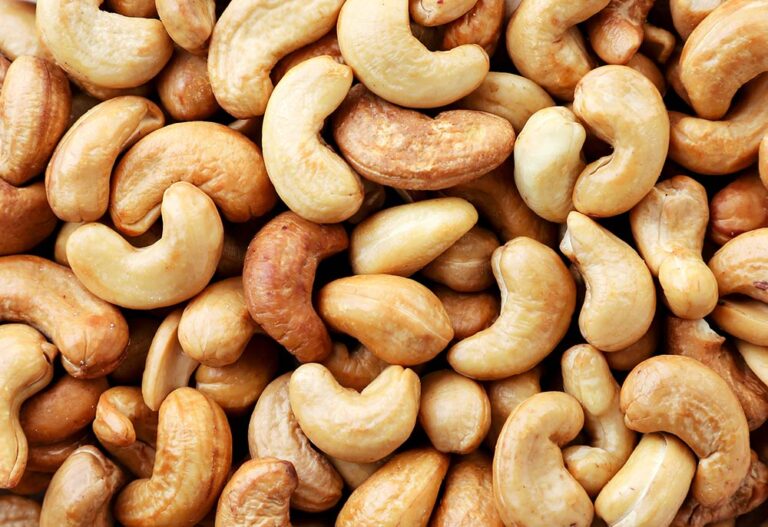The overthrow of Syrian President Bashar al-Assad’s regime on December 7, 2024, marks a critical moment in the country’s prolonged conflict, which began in 2011. Following a swift rebellion, former Prime Minister Mohammed Ghazi al-Jalali assumed interim leadership, backed by Hayat Tahrir al-Sham (HTS), a group controlling northwest Syria. This political shift could disrupt regional commodities markets, as Syria, while not a major global player, holds a strategic position in producing and consuming key commodities such as citrus fruits, olive oil, grains, and crude oil. Global markets are closely monitoring how the Syria conflict impacts the supply and trade of these commodities.
Agricultural commodities: A Glimmer of Hope Amid Conflict
Syria’s olive oil, praised globally for its rich and distinctive flavor, has the potential to reclaim its place in international markets. According to Kyle Holland, Senior Market Reporter, Oilseeds, at Expana, “The demand for high-quality olive oil has never diminished. If Syria can modernize production and secure certifications, its olive oil could potentially compete with Mediterranean producers. While not a major player, Syria previously exported to Spain, Italy, and other Mediterranean countries.”
Citrus fruits, such as oranges and lemons, also offer a potential pathway for Syria to re-enter global markets. Before the conflict, Syria was a significant supplier of these fruits to Europe and the Middle East. Industry experts believe that with improved infrastructure and strategic investment, the country could revitalize its citrus sector. Expana’s Harry Campbell notes, “Syria’s citrus sector has potential to re-enter regional and European markets, although my sources say that it would require substantial investments in infrastructure and modern farming techniques. Syria’s favorable climate and historical export ties to Europe could enable it to regain a foothold in the industry over time. The country was historically a key supplier of oranges and lemons to the Middle East and Europe.”
However, the story is different for wheat, a critical commodity for Syria’s domestic food security. Years of conflict have left Syria reliant on Russian wheat imports after once being a net exporter. Damaged irrigation systems and inconsistent yields have transformed the wheat industry. Russian support remains vital, with ongoing wheat shipments facilitated by payment solutions and financial loans. Still, achieving wheat self-sufficiency would require significant investments in farming technology and infrastructure, which remain challenging in the current conflict-ridden environment.
Energy: The Crude Impact of Conflict
Syria’s conflict has severely disrupted its crude oil production, once a cornerstone of its economy. Years of war have decimated infrastructure, compounded by sanctions and a lack of investment. “This reliance on refined imports is a symptom of Syria’s larger struggle to modernize its energy infrastructure,” explains Andrew Woods, Industrials Market Reporter at Expana. The country’s dependency on refined petroleum from neighboring countries highlights broader vulnerabilities in its energy sector.
Additionally, Syria’s reliance on imports, including oil and wheat, underscores its fragile economic position. Russia continues to play a key role in maintaining Syria’s energy and food security, while Turkey leverages the gaps left by Syria’s disrupted production through its exports of olive oil and refined petroleum. These relationships not only support Syria’s survival but also align with broader geopolitical strategies in the region.
What Lies Ahead for Syria’s Commodities?
The future of Syria’s commodities trade depends heavily on the nation’s ability to stabilize politically and rebuild critical infrastructure. Opportunities exist for Syria to re-establish its position in agriculture, particularly in olive oil and citrus production, but realizing this potential requires significant investment and a resolution to the ongoing conflict.
For now, the Syria conflict continues to shape the nation’s commodity landscape, with regional and global dependencies highlighting vulnerabilities. Whether Syria can reclaim its position as a regional commodities producer or remain reliant on imports will depend on the success of its political transition and economic recovery efforts.
For the latest updates and expert analysis on global commodity markets, explore Expana’s comprehensive insights and stay ahead of the trends shaping the industry.
Written by
Ibi Idoniboye



